
As the new university year begins, thousands of Freshers around the country will be looking to continue existing sporting activities or take up something new as they begin their university studies. Climbing and mountaineering clubs are growing in popularity at Universities throughout the UK. Although climbing is a fun extra-curricular activity with numerous social occasions, it's easy to overlook the risks involved when new, inexperienced members sign up for meets and events.
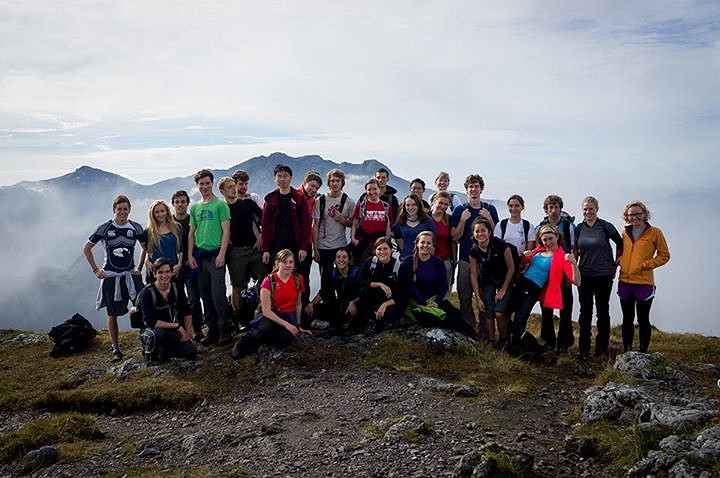
The Mountaineering Council of Scotland has recently taken on a St John Scotland MIC Mountain Safety Instructor - Nick Carter - to assist university mountaineering clubs with safety and instruction for new and less experienced members during meets.
St John Scotland, the biggest single supporter of voluntary mountain rescue in Scotland, offered to fund the safety instructor post after hearing that students are considered “high risk” in an activity which already has inherent dangers for participants. Nick will be teaming up with Scottish university mountaineering clubs during their meets in the mountains to deliver free of charge instruction.
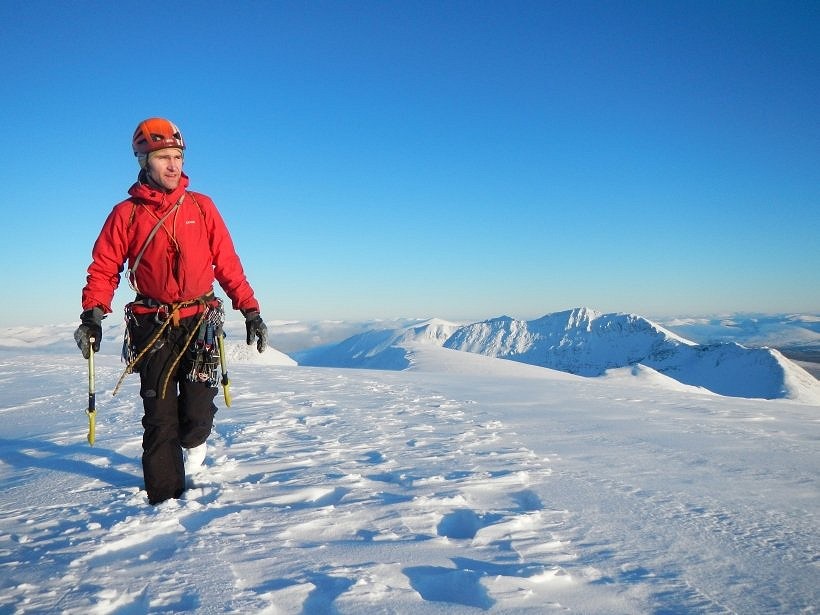
We asked Nick some questions to find out where club members and Freshers around the UK can find out more about learning the necessary skills to keep safe in the mountains.
What are the key safety issues that come about in mountaineering and climbing clubs that need more attention?
The main safety issues in mountaineering and climbing clubs are that members join for very different reasons. Some folk join to go climbing/walking/scrambling with like minded people that have similar skill levels and others join as beginners as a way of learning about how to go climbing/walking/scrambling. It's not always normal for clubs to provide instruction for members and often other members don't want to teach others or aren't particularly good at it. Beginners often follow others around on the hill but don't actually learn how to navigate for themselves, so they are not really self-reliant when they are out by themselves.
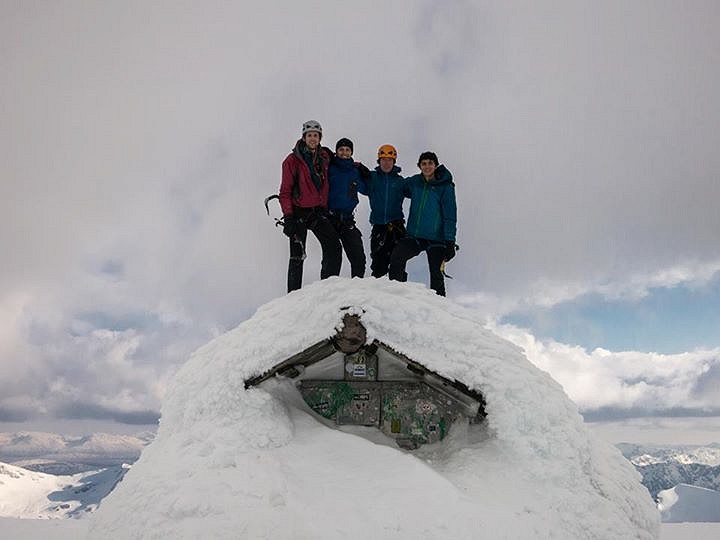
In what ways do university clubs have similar or different needs?
I think Uni clubs are very similar in the sense that other members don't necessarily want to teach the beginners in the club.
There are however some major differences and one is that new members join in the Autumn and their first experience out on the hill may be in winter conditions. They may be new to the hills and want to join a mountaineering club to climb/walk in summer conditions but they are immediately thrown into the deep end. Also, as students are inevitably relatively young and even the 'experienced' members who may take on some responsibility with teaching others actually are still quite young and therefore not hugely experienced. Students are also not known for their disposable income and instruction from a professional will cost them more than chatting to a mate about how to belay or how to navigate, even though the teaching may be sub-par.
What does your role involve?
My role is to contact Scottish university mountaineering clubs and offer my services as an instructor to join them on a weekend meet. St John Scotland decided to fund my post to do some preventative work to avoid accidents in the Scottish hills. I will spend a weekend with the club being available as a sounding board and adviser and also taking out a number of beginners to learn the basics of winter skills, cramponing, ice axe arrest, navigation, avalanche awareness, moving on steeper ground and safe route choice. I will also give them a safety briefing on Friday evening and a slideshow on Saturday night.
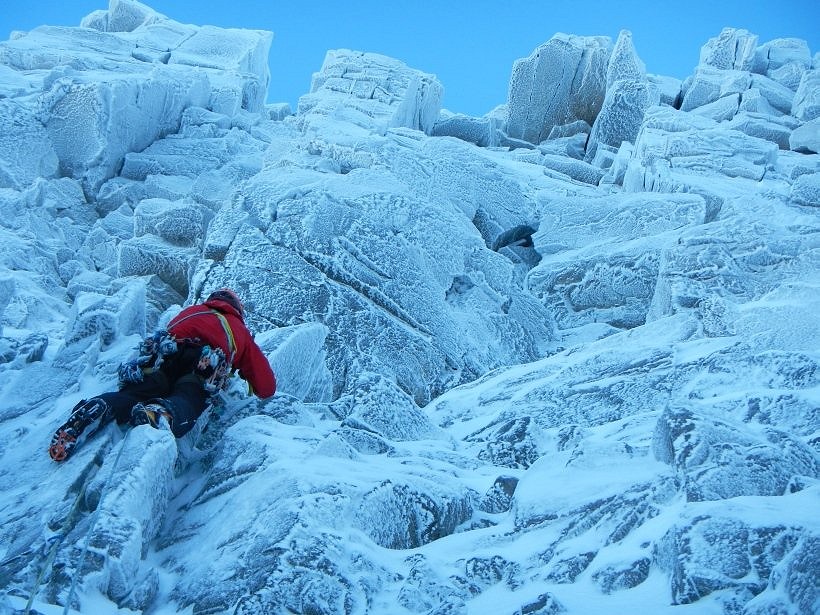
What would your advice be to any Freshers looking to get into climbing through their university climbing club?
If you are joining a University Mountaineering Club and you have not done any mountaineering before, then ask the committee members if they have any meets that will include instruction from a qualified instructor or guide, if in Scotland, tell them about me(!) and check out the resources below.
Where can university club members and freshers get more information on running meets and staying safe?
- There is a really useful collection of information for club committee members on the MCofS website here.
- There is another repository of information for student clubs here. (This includes some links to heavily subsidised weekend courses.)
- Tips for running a perfect Fresher's meet from the BMC here.
- Information about the upcoming student safety and good practice seminar from the BMC here.
- Information on a new initiative to provide training to existing members of clubs taking novices outdoors from the BMC.
Watch a video of the 2013 BMC Student Seminar below:
Missing video!







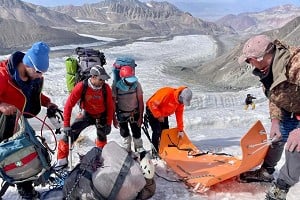
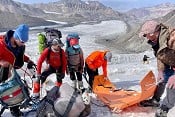




Comments